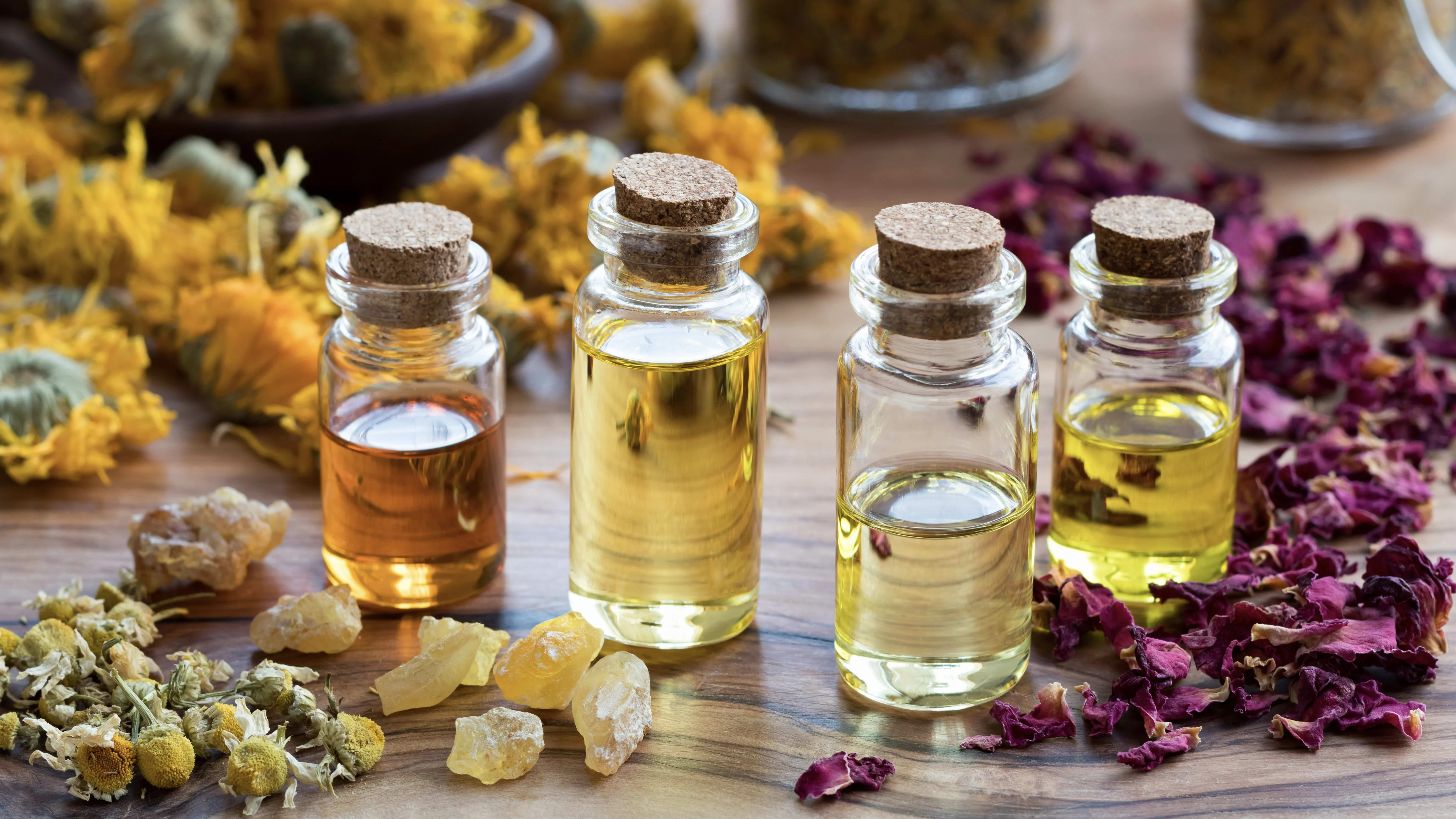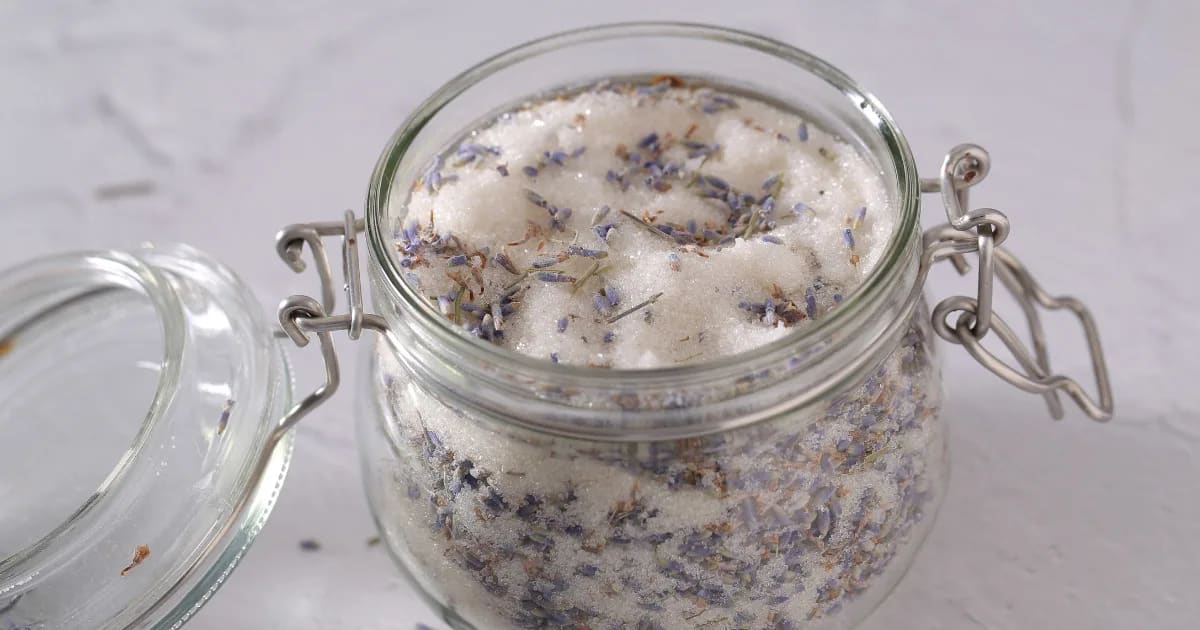Eucalyptus Steam Therapy: Benefits and How-to Guide

Eucalyptus is recognized as one of the most potent essential oils for common respiratory ailments.
Common issues such as colds and coughs react well to eucalyptus essential oil, and it acts as a robust natural immune enhancer. Allow me to guide you through the process of a safe eucalyptus steam, ensuring you reap all the benefits of this essential oil without any worries. I'll elaborate on its effectiveness following the demonstration.
The curative effect of steam alone is remarkable—it envelops us, providing comforting warmth, facilitating relaxation, and easing tension. Integrating a dash of essential oil into the water amplifies these benefits.
However, the need for a shower or a steamy sauna isn't necessary. You can perform a compact version of the steam right in your kitchen's comfort!
Begin by filling a bowl with hot, steamy water—being cautious not to scald yourself.
Next, introduce a single drop of eucalyptus essential oil.
Yup—just a single drop!
Eucalyptus oil has a powerful essence, and exceeding one drop might become overpowering.
Now, shut your eyes, lean over the filled bowl, and breathe in the steam for a couple of minutes. I usually drape a towel over my head to enhance the effect, encapsulating the steam around my face.
If I start to sense a sniffle or stuffiness, I resort to this steam method two to three times a day—it typically curbs the problem before escalating into a full-blown cold.
Any time I start to feel sniffly or stuffy, I'll do a steam two to three times that day—and it usually takes care of the problem before it develops into a cold.
To further explore the uses of eucalyptus essential oil, check out this video I created for YouTube. Alongside demonstrating a eucalyptus steam, it includes utilizing eucalyptus oil for natural cleaning and topical pain relief.
Now let's talk a little more about eucalyptus essential oil itself . . .
Eucalyptus essential oil, originating from various regions globally—including Australia, where the Aboriginal people have utilized it for health benefits for centuries, is profoundly beneficial. Historical accounts suggest that they crushed a handful of leaves, inhaling the fresh, potent aroma to cleanse their minds.
This essential oil is highly effective in alleviating congestion in the head and chest. Furthermore, it possesses anti-inflammatory properties, thus providing relief from headaches and body aches typically associated with colds or the flu. Eucalyptus, proficient at minimizing infections and germs while bolstering immunity, aids in our bodies' return to optimal health.
There are many different species of eucalyptus, and most are great for respiratory care.
My favorites are Eucalyptus globulus and Eucalyptus radiata.
Why is eucalyptus so proficient in providing these health benefits?
The secret lies in a constituent named 1,8-cineole found abundantly in eucalyptus essential oil.
What's fascinating is that wherever 1,8-cineole is present, these health benefits follow suit. For instance, another essential oil, Ravintsara (Cinnamomum camphora ct. 1,8-cineole), is rich in 1,8-cineole and is renowned for providing respiratory support!
Now that you know how to do a eucalyptus steam, I want to give you some safety notes about eucalyptus essential oil.
Eucalyptus may not be suitable for everyone—particularly for individuals with asthma or other respiratory conditions.
To ensure the oil's compatibility with you, try smelling the bottle's lid first. Do you feel any tightness in your chest? If so, opt for an alternative oil for your steam, like Cedarwood (Juniperus virginiana), which is an excellent choice!
Another safety point to note is that eucalyptus may not be ideal for children, particularly those below five years of age.
Given its potency, there have been instances where children have had adverse reactions to it. I recommend hydrosol for children under five to help restore their health. Cedarwood essential oil (Juniperus virginiana) is a fantastic alternative for children aged five to ten.





